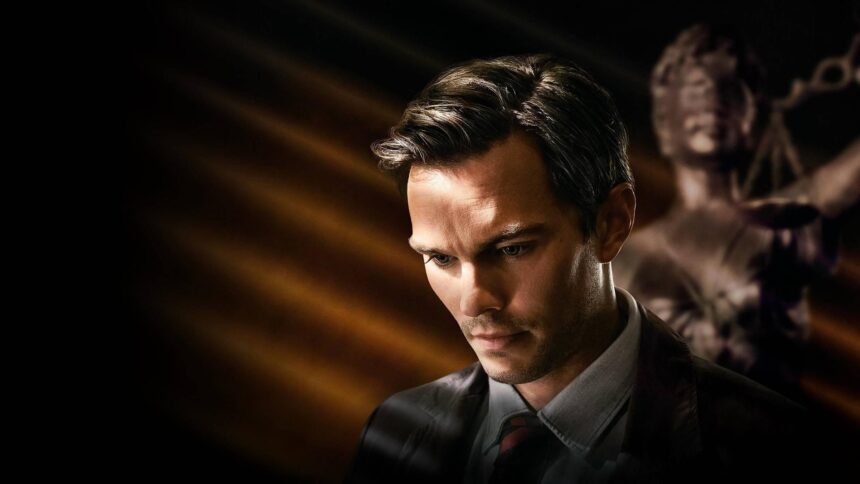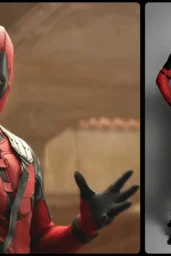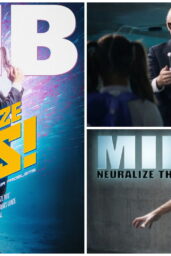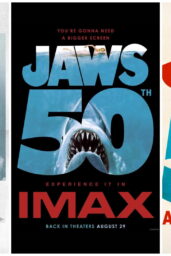Clint Eastwood's Juror #2 is a gripping exploration of morality, guilt, and justice, marking another thought-provoking entry in the director's illustrious career. Anchored by Nicholas Hoult's nuanced performance as Justin Kemp, a man whose seemingly ordinary life spirals into turmoil, the film is a tense legal thriller that questions the nature of truth and consequence.
A Case of Moral Conflict
The story follows Justin Kemp, a quiet, unassuming man grappling with grief over his wife's miscarriage. Selected for jury duty in a high-profile murder case, Justin initially sees it as an inconvenient civic duty. However, the trial takes a harrowing turn when he realizes his accidental involvement in the crime being prosecuted. James Syth (Gabriel Basso) stands accused of killing his girlfriend Kendall Carter (Francesca Eastwood), but Justin knows James is innocent—because he's the one who accidentally hit Kendall with his car on a stormy night.
As the trial unfolds, Justin faces a moral dilemma: come forward and ruin his life, or remain silent and let an innocent man be convicted. His internal conflict forms the crux of the film, which masterfully builds tension through Eastwood's understated yet powerful direction.
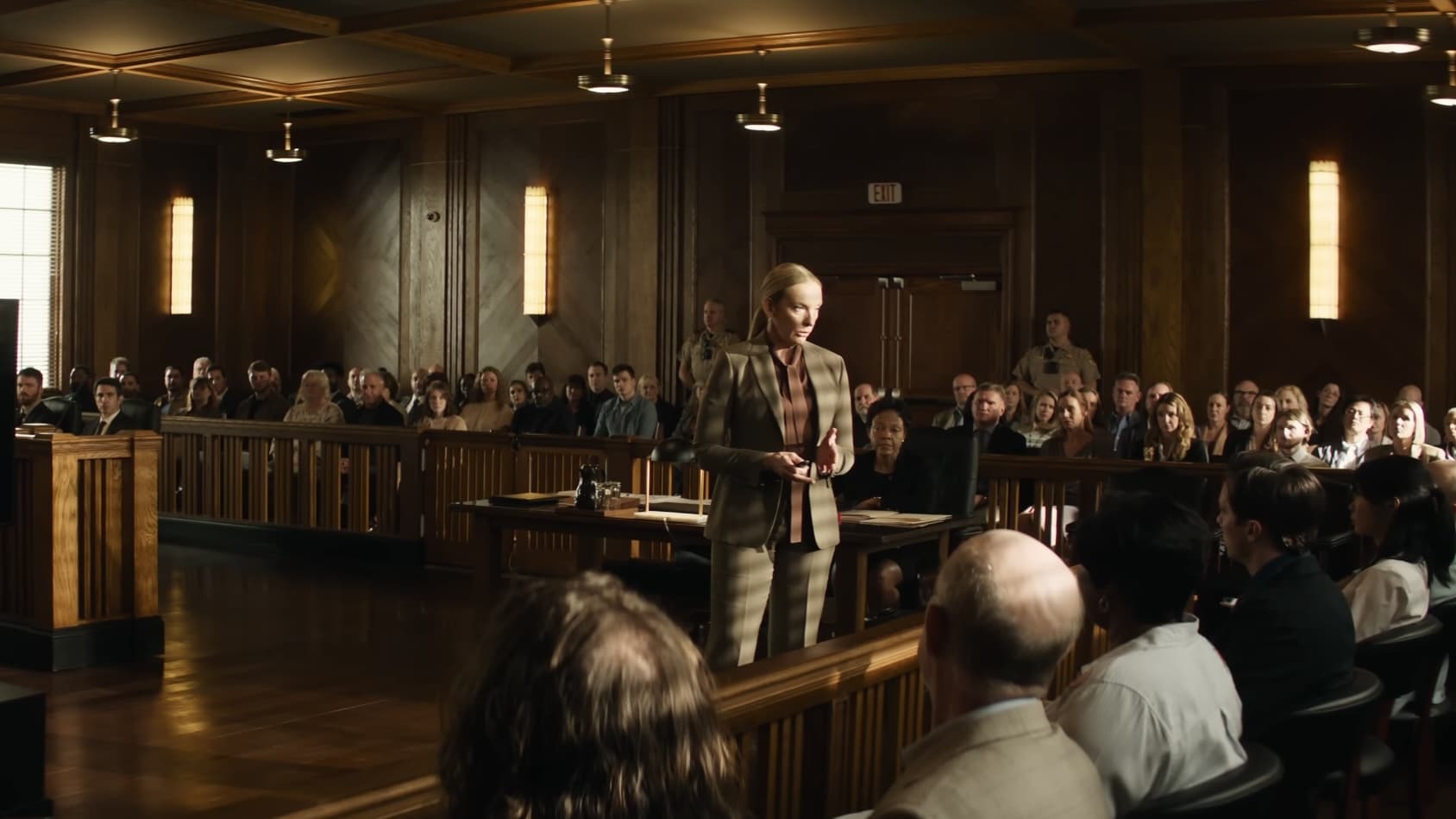
Did the Jury Convict James?
The jury's deliberation is as much a battle of ethics as it is a legal decision. Most jurors are quick to convict James, swayed by his criminal history and weak defense. Only Justin and Harold Chicowski (J.K. Simmons), a retired homicide detective, entertain doubts about his guilt. In an attempt to steer suspicion away from himself while exonerating James, Justin plants seeds of doubt among the jurors, proposing a hit-and-run theory. Despite his efforts, many jurors remain unconvinced, believing James to be inherently culpable.
Harold's independent investigation brings him perilously close to uncovering the truth. He pulls car repair records and identifies Justin as a potential suspect. Justin's desperate maneuver to have Harold removed from the jury—a move that involves tipping off the court officer about Harold's independent inquiry—successfully derails the investigation. Harold's replacement by Juror 13 shifts the dynamics, ultimately leading to James's conviction.
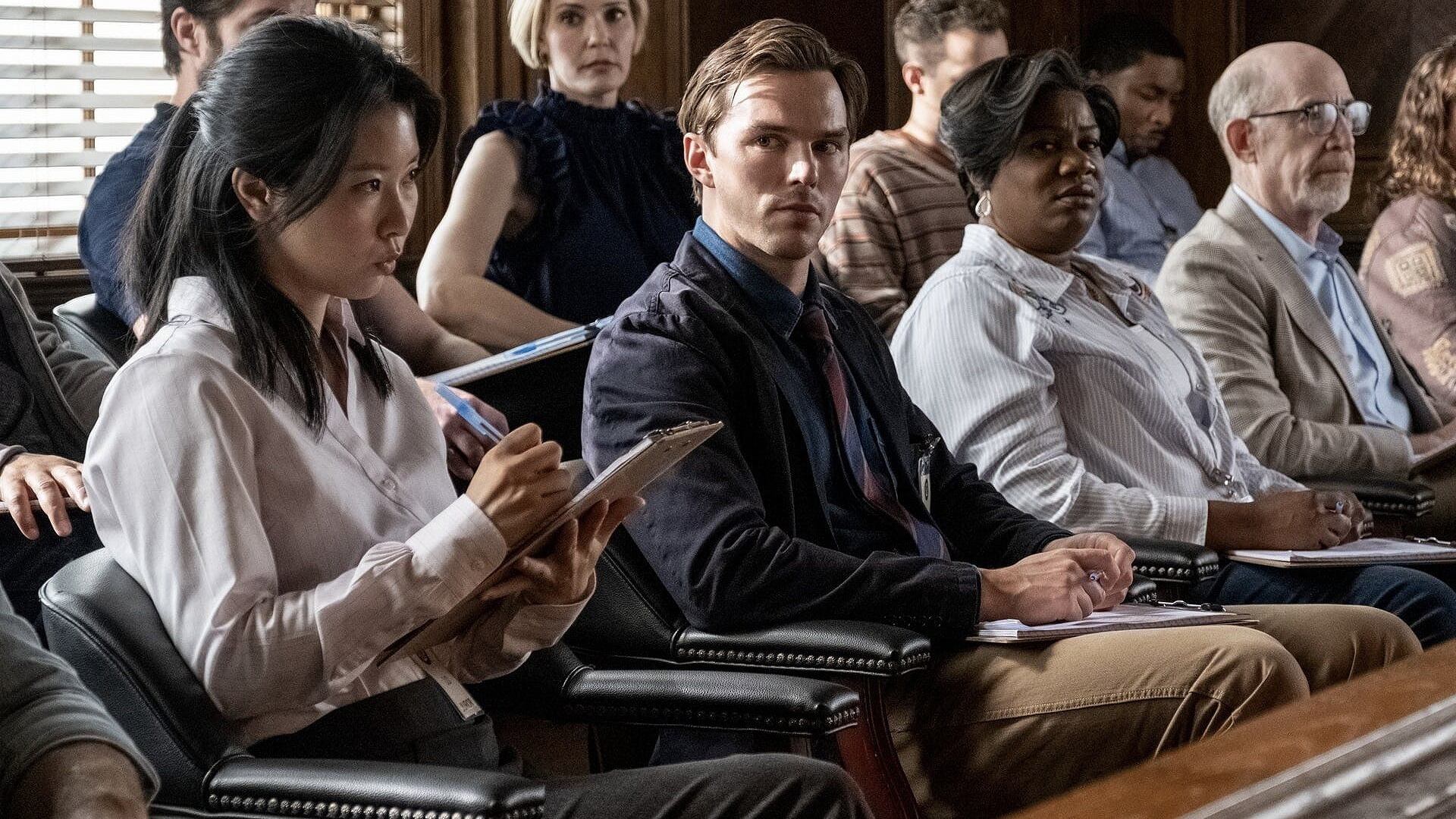
Does Justin Face Justice?
James is sentenced to life in prison, a verdict that weighs heavily on Justin. While District Attorney Faith Killebrew (Toni Collette) initially believes in James's guilt, Harold's investigation plants a seed of doubt. Faith's pursuit of the truth brings her to Justin's doorstep, but circumstantial barriers—such as differing last names and alibis—stall her efforts.
In a haunting final scene, Justin's guilt drives him to attend James's sentencing hearing. A conversation with Faith outside the courthouse serves as a quiet confession, as they speak in veiled terms about the real killer. Justin rationalizes his silence, arguing that “sometimes the truth isn't justice.” Faith's lingering look as the film cuts to black suggests that she won't let Justin's crime go unpunished, leaving audiences to speculate about his fate.
Eastwood's Direction: Subtle Yet Impactful
Clint Eastwood's restrained approach lets the moral complexity of the story take center stage. The film's muted color palette and storm-laden imagery mirror Justin's internal turmoil, while the slow-burn pacing amplifies the tension. Nicholas Hoult delivers a career-defining performance, portraying Justin as a man torn between his desire for redemption and his instinct for self-preservation. J.K. Simmons and Toni Collette provide standout supporting performances, adding depth and gravitas to the film.
Conclusion: A Thought-Provoking Legal Drama
Juror #2 is a searing meditation on justice, guilt, and human fallibility. Its ambiguous ending invites viewers to wrestle with their own moral compass. Eastwood's craftsmanship and the stellar cast elevate this courtroom drama into a profound cinematic experience.
My Impressions: Clint Eastwood's Juror #2 lingers long after the credits roll, challenging viewers to grapple with its moral quandaries. The film's strength lies in its refusal to offer easy answers. Nicholas Hoult's performance is both empathetic and unsettling, making Justin a protagonist who is as much a victim of circumstance as he is an agent of his own downfall. The ending, with its chilling ambiguity, is a masterstroke that solidifies the film's impact.
What would you do in Justin's position? Should he have confessed, or was his silence justified? Share your thoughts on this morally complex tale.

